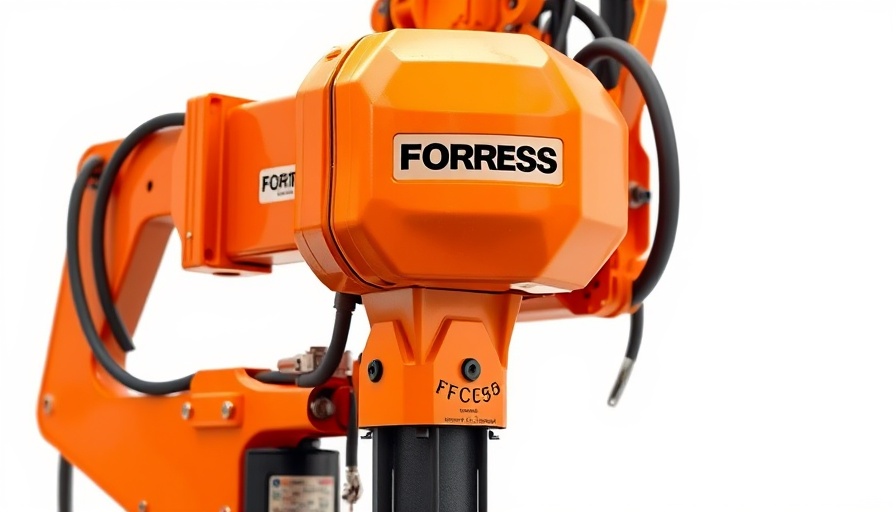
Volvo CE's Vision for U.S. Manufacturing Growth
Volvo Construction Equipment (CE) is set to fortify its foothold in the North American market with an ambitious expansion of its Shippensburg, Pennsylvania manufacturing facility. This significant $261 million investment will see the production lines updated and new models introduced by mid-2026, aligning with the growing demand for construction machinery across the continent. This facility, which Volvo CE acquired from Ingersoll Rand in 2007, currently serves as the company's sole manufacturing site in the U.S., employing around 700 people and housing various operational assets including a museum and customer center.
Responding to Market Demands
As the demand for construction equipment surges, particularly for midsize and large crawler excavators and new wheel loader models, Volvo CE's strategic enhancement of its Pennsylvania plant underscores its commitment to remain responsive and competitive in a challenging economic landscape. Scott Young, the head of region North America for Volvo CE, explained that this investment is part of a broader, long-term industrial strategy aimed at increasing market responsiveness and operational flexibility.
Innovating Through Automation
The forthcoming expansion will incorporate advanced automation technologies, which promises to streamline production and enhance efficiency. This shift not only bolsters the plant's capacity but also optimizes supply chain logistics, reducing dependencies on long-distance logistics and increasing the role of domestic suppliers. Such an approach aligns with broader trends in the construction equipment sector, where innovation and increased productivity are paramount.
The Bigger Picture: Sustainability and Economic Challenges
In an environment where regulatory challenges and economic uncertainties are prevalent, Volvo CE's expansion represents a proactive strategy to mitigate risks. By investing in local production capabilities, the company aims to stabilize its operations and ensure a steady supply of equipment to meet market demands. This development echoes a larger trend among manufacturers who are increasingly investing in U.S. facilities, often driven by changing tariff landscapes and the need to fortify domestic manufacturing.
Cultural Impact of Manufacturing in the U.S.
Moreover, this expansion signifies more than just an economic strategy—it embodies a commitment to revitalizing American manufacturing. The localization of production not only cultivates jobs within the community but also fosters economic growth in the region, painting a hopeful picture for future manufacturing endeavors in the U.S. Construction leaders and local business owners stand to benefit as Volvo CE deepens its investment in domestic production.
Looking Ahead: What This Means for the Industry
As we look ahead, the successful implementation of these expansions may lead to improved supply chains and enhanced product offerings within the construction sector. Businesses in construction, property development, and facility management should keep a keen eye on the outcomes of Volvo CE's operational enhancements. The industry's response to rising construction demands will hinge on the capacity and efficiency of domestic manufacturing plants like Shippensburg.
 Add Row
Add Row  Add
Add 




Write A Comment